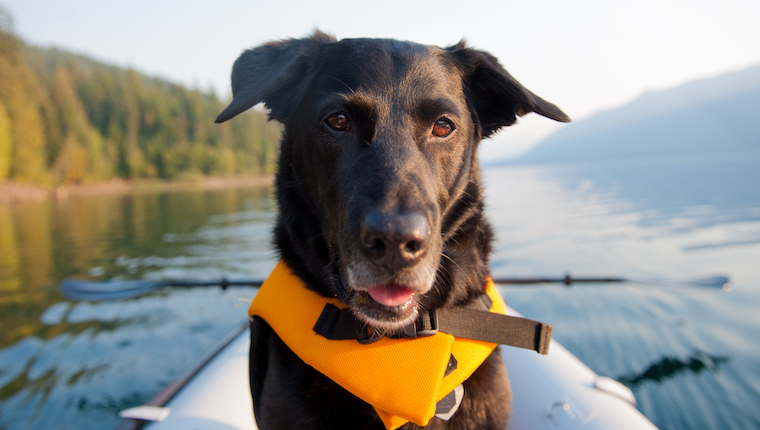
What are the dog laws in Washington? Does Washington have dog laws? If you live in this state, you might be wondering what the law says about issues like rabies vaccination, dog…


What are the dog laws in Washington? Does Washington have dog laws? If you live in this state, you might be wondering what the law says about issues like rabies vaccination, dog…



